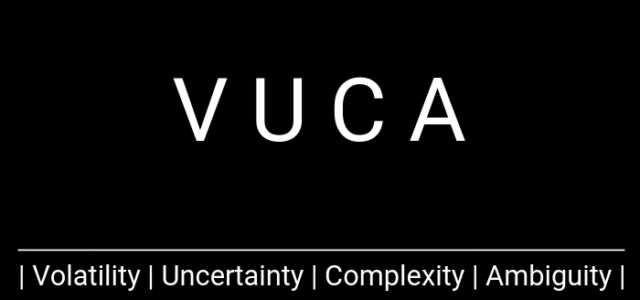The drive towards digital transformation, implications of automation, skills shortages and the need for expertise in new areas are among the challenges putting pressure on the C-Suite today.
Amid the complex problem-solving, change management programmes and need for agility and adaptability that these challenging times bring, a new study places another demand on the modern leader: the need to look at themselves in the bigger societal picture.
According to findings by professional services firm, Deloitte, the “make or break” issue facing companies this year is the need for realignment among the C-suite to focus on business’ evolving role in society. It also revealed that, despite the shift towards a more collaborative approach to leadership, many leaders aren’t as good as they should be at working as part of a team.
Its 2018 Global Human Capital Trends report, The Rise of the Social Enterprise, which Deloitte claims is the largest longitudinal survey of its kind, quizzed more than 11,000 HR and business leaders. It found that respondents “overwhelmingly” point to the need for a “symphonic C-suite” – a team-based, cross-disciplinary approach to tackling complex issues – with 85 per cent calling this trend important or very important. Findings also show that companies where C-suite executives regularly collaborate are one-third more likely to be growing 10 per cent more than companies whose leadership operates in siloes. Despite this, three quarters (73 per cent) reckon their executives do not regularly collaborate.
“As society grapples with daunting demographic, technological and social challenges, people want business leaders to fill the gap, but our research shows they have a long way to go,” says Erica Volini, principal, Deloitte Consulting US human capital leader. “This year’s report is a wake-up call for organisations to look beyond their own four walls and reimagine their broader roles in society. Integrating the C-suite to build a more social enterprise will be a differentiator for businesses to attract the right talent, drive customer loyalty and sustain long-term growth.”
The survey brings a different perspective and one that leaders need to take notice of. No-one is denying that priorities must include embedding automation and technologies such as artificial intelligence into the workplace and tackling skills shortages to ensure the organisation is fit for the future. However, it is also how leadership teams execute such strategies on which they will be increasingly judged and this has implications for employer brand, the ability to recruit and retain top talent and, crucially, to attract new customers.
Clearly, the starting point is to ensure the C-suite is living in harmony with itself before it can act. While a great deal has been written about how we’ve shifted towards a more collaborative and collective approach to leadership, the research indicates this isn’t happening at the majority of organisations with too many leaders still flying solo. Leaders need to examine themselves and their actions to determine where they sit on the scale and confront any weaknesses or skills gaps.
There also needs to be increased transparency in the actions of the C-suite. Increasingly, businesses must be good citizens, according to the survey. And how leaders treat one another, their employees, customers, partners and other stakeholders will be one of the barometers of this good citizenship. When it comes to employees, the survey suggests they could certainly be doing better: an alarmingly low percentage (3 per cent) of companies describe their reward offering as very effective at motivating talent and fewer than one fifth (18 per cent) feel they give employees sufficient opportunity to develop themselves.
When they do the right thing, however, there is evidence it pays off. More than two in five (43 per cent) of those surveyed consider that wellbeing, for example, reinforces their organisations mission, three fifths reckon that it improves employee retention and 61 per cent that it improves productivity and bottom line results. Moreover, “corporate citizenship” is now a CEO-level strategy, critical to a company’s bottom line, says Josh Bersin, principal of Deloitte Consulting and founder and editor-in-chief of Bersin. “It’s not about check-the-box CSR initiatives, but integrating citizenship, fairness, inclusion and purpose as core values across work practices.”
In many instances, leaders do know how to do the right thing but day-to-day pressures get in the way. Similarly, they understand that being more collaborative and seeking input from others is the way forward. In the past, leaders have been able to get away with looking inward and applying a silo mentality when it comes to leadership. But as the survey makes abundantly clear, these days are over. It is time for leaders at all levels to look at themselves in the wider picture and undertake a self-assessment exercise. And if they don’t like the reality of the traits seen, take the necessary steps to change them so they don’t get in the way.
Article by channel:
Everything you need to know about Digital Transformation
The best articles, news and events direct to your inbox
Read more articles tagged: Change & Transformation, Featured, Leadership, Talent







